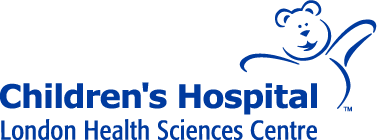Therapeutic Drug Monitoring (TDM) is a specialized practice that involves closely tracking the levels of medications in your body. It's like keeping a close watch on the amount of medicine in your bloodstream to make sure it's just right for your treatment. TDM plays a crucial role in the management of both Inflammatory Bowel Disease (IBD) and liver transplant patients.
In the context of IBD, TDM involves carefully monitoring the levels of medications in the bloodstream to ensure that the medicines you are taking are at the most effective levels. This personalized approach allows physicians to tailor dosages according to individual patient responses, thereby enhancing the control of the disease and minimizing potential side effects.
For liver transplant patients, TDM is used to monitor the levels of immunosuppressive medications that prevent rejection of the transplanted organ. Maintaining precise medication levels is essential for balancing the suppression of the immune system while avoiding over-suppression that may lead to infections or other complications.
Think of TDM as a way for your health care team to fine-tune your treatment plan. By regularly checking your medication levels, they can adjust dosages to fit your unique needs, aiming for the best results while minimizing any risks. It's all about making sure you're getting the exact right amount of medicine for your condition.



